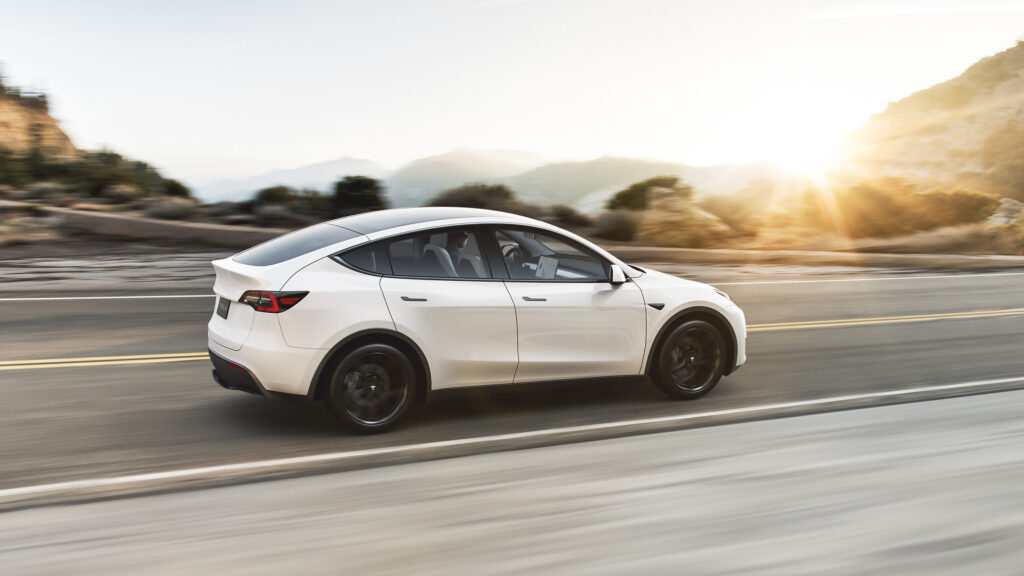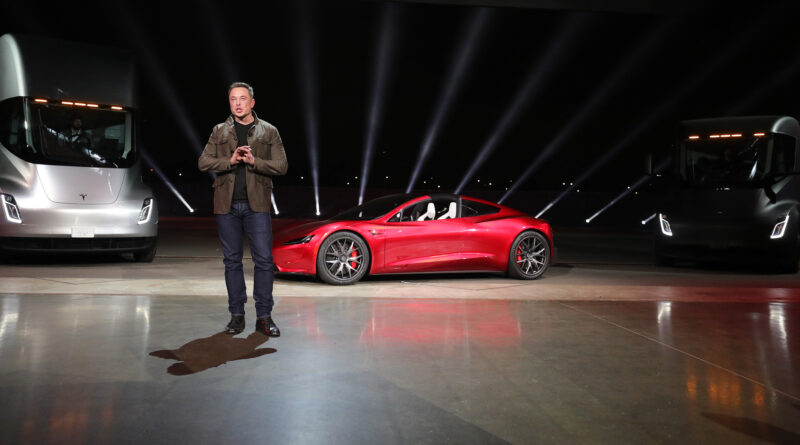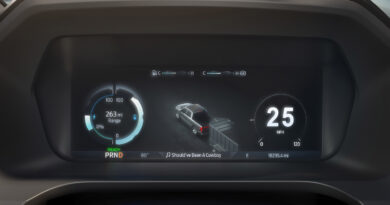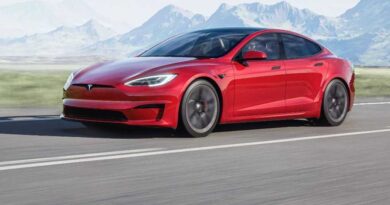Tesla turns annual profit, confirms Austin Gigafactory
Electric vehicle trailblazer Tesla has notched a vital milestone, recording its fourth consecutive quarter of profit.
Company boss Elon Musk then celebrated by announcing in an investor call that Austin, Texas, had been selected for its next Gigafactory, where the Cybertruck, Model Y SUV, Model 3 and Semi will be built.
A perennial loss-maker, Tesla posted a profit of US$104 million ($145 million) based on US$6 billion ($8.4 billion) in revenue in the second quarter of 2020 despite closing its Fremont plant in California for seven weeks during the coronavirus.

On 5 per cent more revenue 12 months ago it made a loss of US$408 million ($571 million).
The record result marks the first time Tesla has posted four consecutive profits; the next challenge is seeing if it can post a profit across a fiscal year, with the US financial year ending in September.
The profit announcement will undoubtedly push Tesla’s stock even higher; it already jumped in after-hours trading.
Already, based on stock value, Tesla is the world’s most valuable car company ahead of Toyota.
Because it has been profitable for 12 months the California start-up now seems destined for membership of the S&P 500, the stock market index that records the stock performance of the 500 largest companies listed on stock exchanges in the USA.

Tesla sold 90,650 vehicles from April 1 to June 30 2020, up from 88,000 in Q1 2020 but below the record 112,000 sold in Q4 2019.
Tesla was also boosted by a record US$428 million ($600 million) in regulatory credit sales.
Tesla remains committed to selling 500,000 vehicles in 2020 and while well shy of that target right now, has announced plans to boost Fremont production of the Model 3 and Model Y.

The new factory in Shanghai, China, is now also online and performance updates to the older Model S and Model X are also on their way this year.
Tesla’s milestone was completed in a quarter where Musk was at the centre of attention and not always for the right reasons.
Musk fought with northern California health officials in April – describing them as fascists – over the coronavirus lockdown and defied them to open Fremont.




